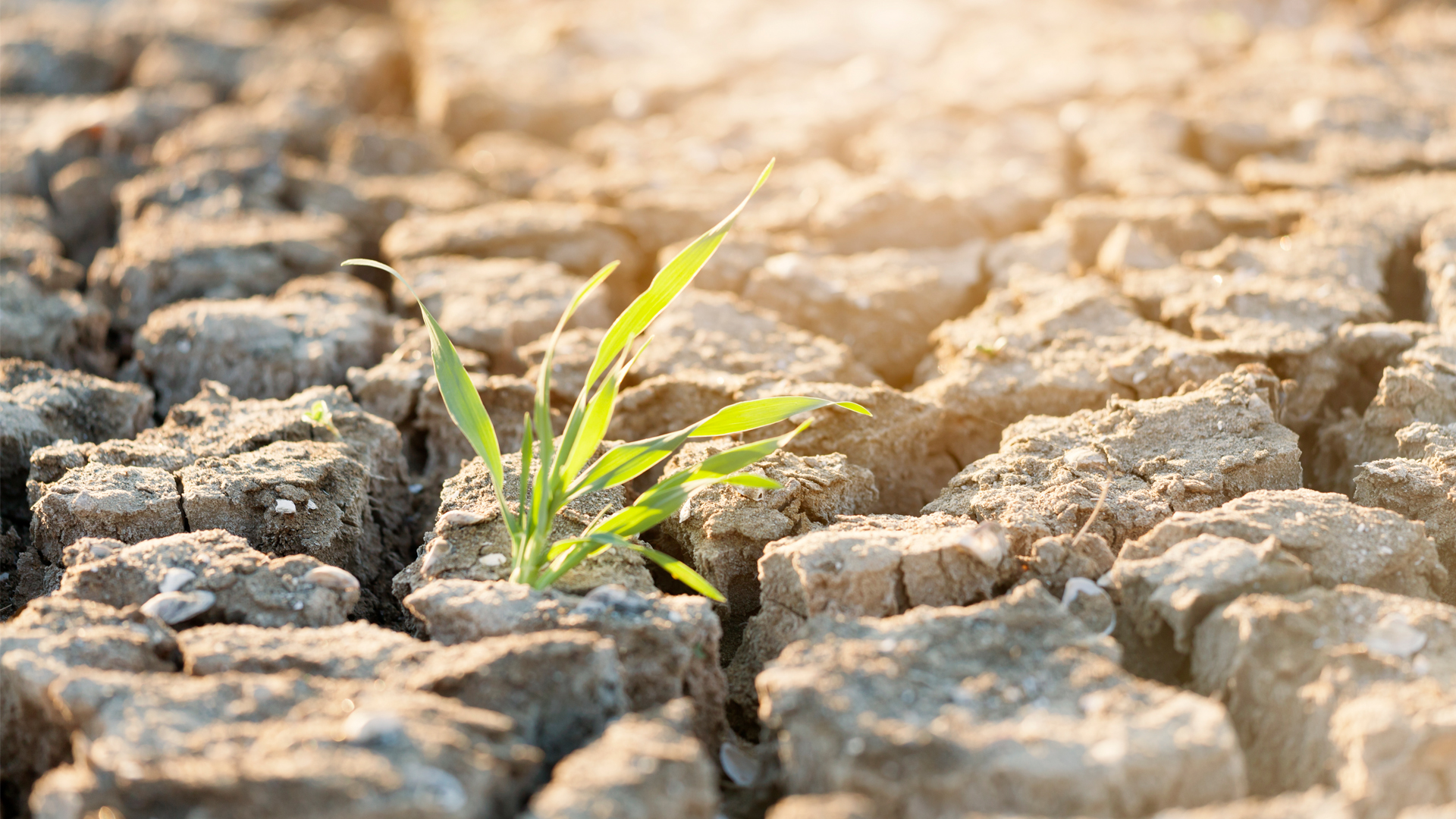Rising fertilizer prices are greatly exacerbating the problem of agricultural commodity prices, said Abdul Hakim Elwaer, the assistant director general of the Food and Agricultural Organization (FAO).
Gas supplies and energy prices will affect fertilizer prices and an expected fertilizer crisis will affect the final commodity price, he told Anadolu during the Islamic Development Bank (IsDB) Group’s annual meeting in the Saudi Arabian port city of Jeddah.
“We have to understand the dynamics and the chronology of the issue and the problem when the war in the Black Sea started,” he said.
After the start of the Russia-Ukraine war in February 2022, energy prices, especially natural gas, increased significantly.
And Ukraine, which is a major grain supplier, began to see difficulties exporting grain products and countries that depend on grain imports have faced a food shortage.
After some time, those products were transported via the Grain Corridor, initiated because of efforts by Türkiye.
“The positive picture is that the whole communities, countries, systems and institutions are waking up to redesign their food security and food supply systems,” he said, adding that they invested and maximized local production, reviewed and redesigned their subsidies system, looked at more redistribution in the domestic market and diversified sources for international trade and importing food.
He said instead of relying on one source in one geographical region, countries became more aware of finding different suppliers in different regions to prevent them from becoming a victim of a regional crisis.
“Especially the region around the Black Sea became more resilient and absorbing southern shocks in food prices,” he said.
Morocco and Egypt have done much better than in the past 10 years to maximize local production, he said.
Elwaer said increased grain stock capacity in the era of the coronavirus pandemic reduced the effects of the war on countries that imported grain from the region.
Regional Conflicts
Touching on conflicts in the Middle East region, he said countries accepting a large number of displaced people now focus on establishing peace in their regions.
“Saudi Arabia has taken a lot of displaced people from Yemen, same in Jordan, Türkiye, and Lebanon, so it pushed the countries now to start seriously looking for solutions to peace, which is a positive signal,” said Elwaer.
On Sudan, which is facing a crisis, he said: “The conflict in Sudan might have a direct impact on food security, but also displaced people will move into Egypt, Kenya, Saudi Arabia, and the other neighboring countries.
“So, there is more and more concern from the countries in the whole region to try and resolve these conflicts because they know that conflicts are not only causing food security and human crisis in the country, but also in the neighboring countries,” he said.
Food Insecurity
Evaluating the situation of countries facing food insecurity, he said food is available but and accessibility is not enough for everyone.
He noted that food availability is based on two different systems: producing or importing.
“Food security does not necessarily mean you have to produce the total food you need at home, there is no country that can produce all of its food,” he said. “So, any country, which cannot produce enough food, should manage its economy, organize its food stock system and diversify import sources.”
He noted that the FAO has urged setting up a facility by the IMF and the World Bank for short-term debt to help countries facing food insecurity related to the Black Sea crisis.


